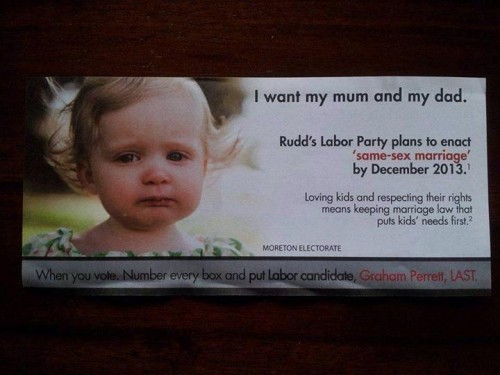Twitter has become the place where every rabid misogynist feels empowered to fling poo at me. The latest is this amazing cure for feminism:
Look at that. Misogyny and racism and stupidity, all in one place. And they wonder why I hit the block button half a dozen times a day.


